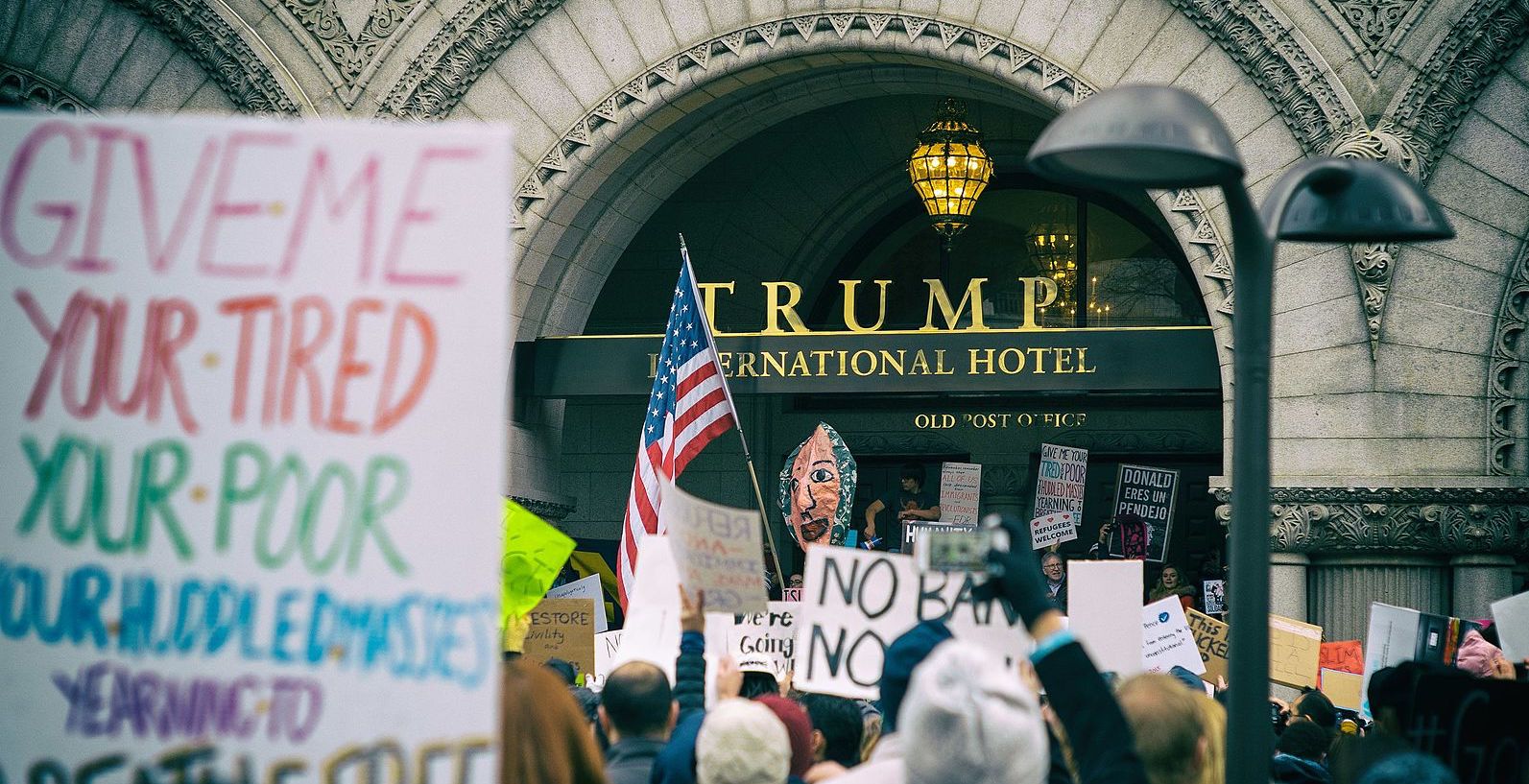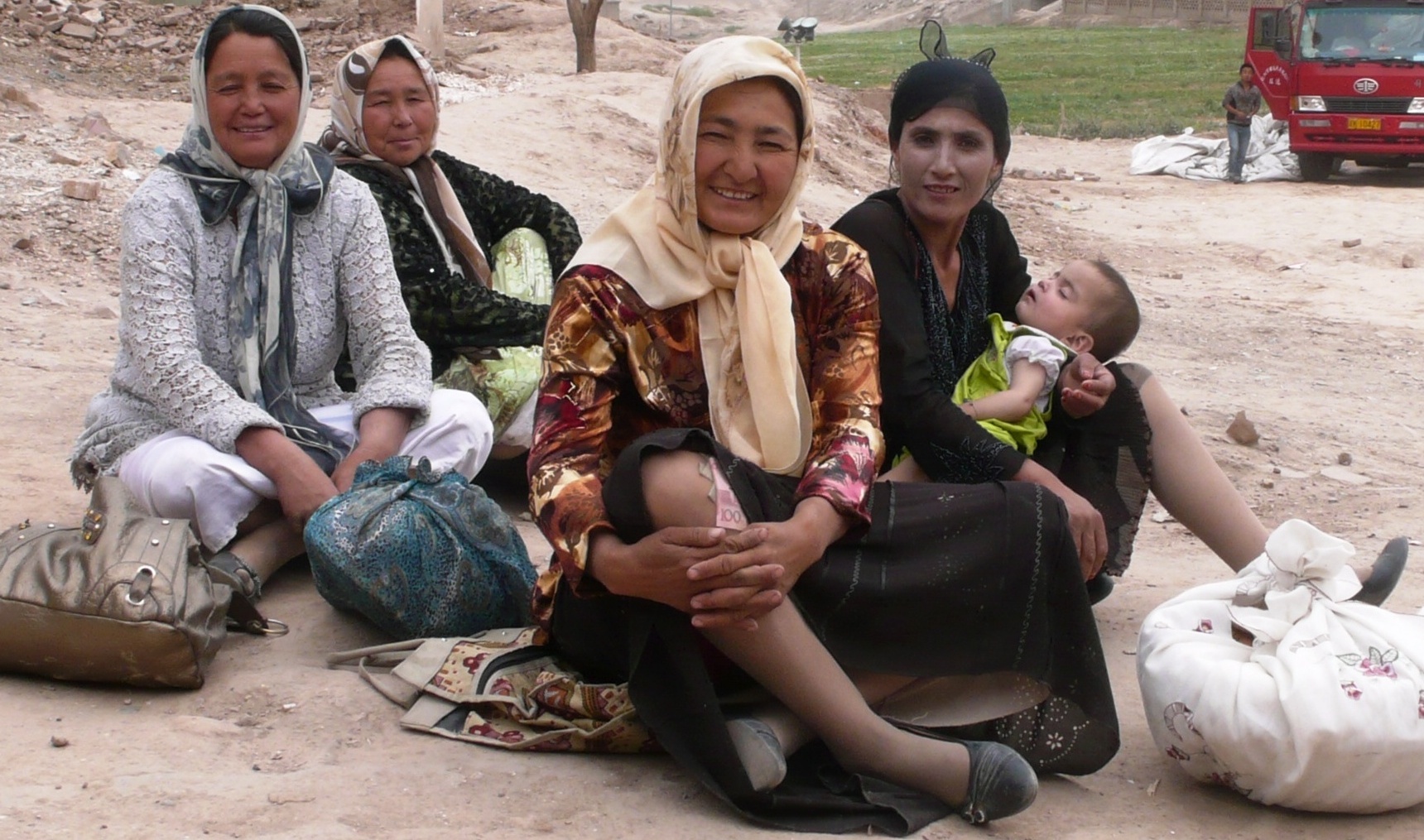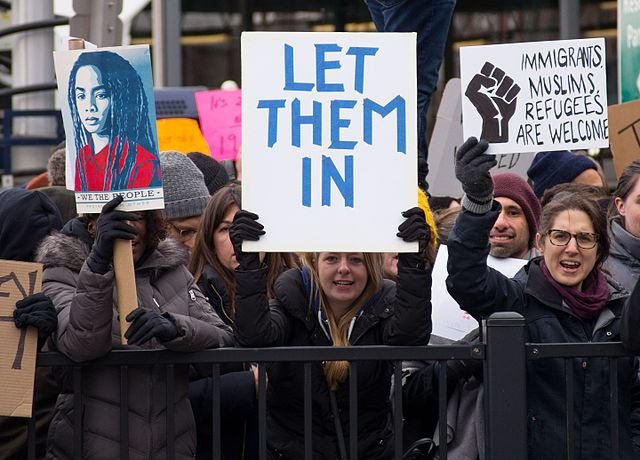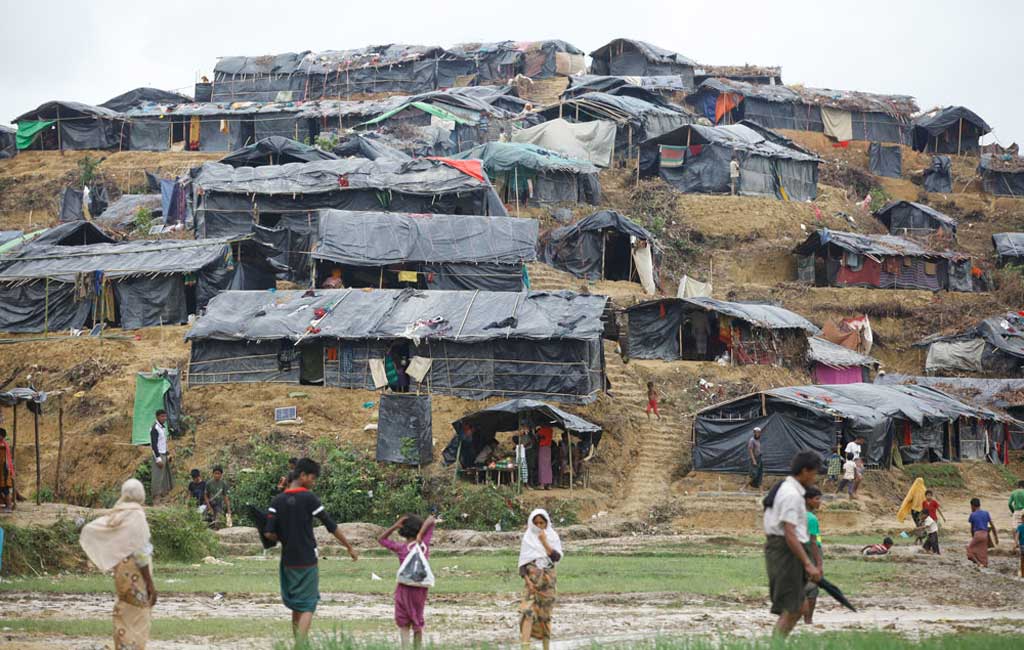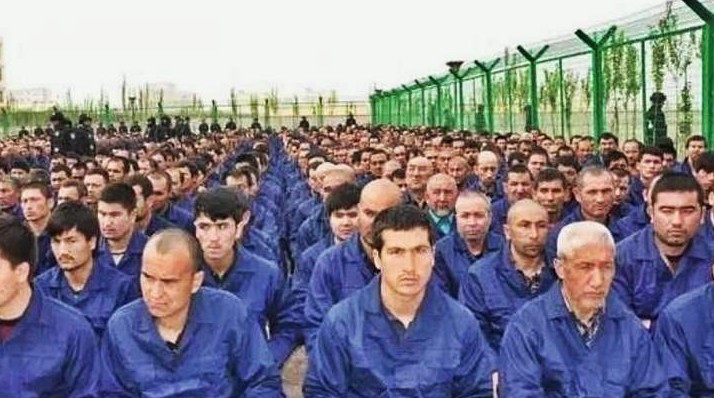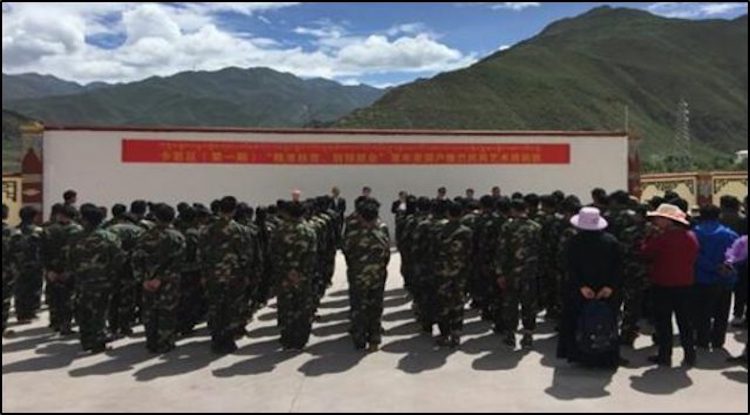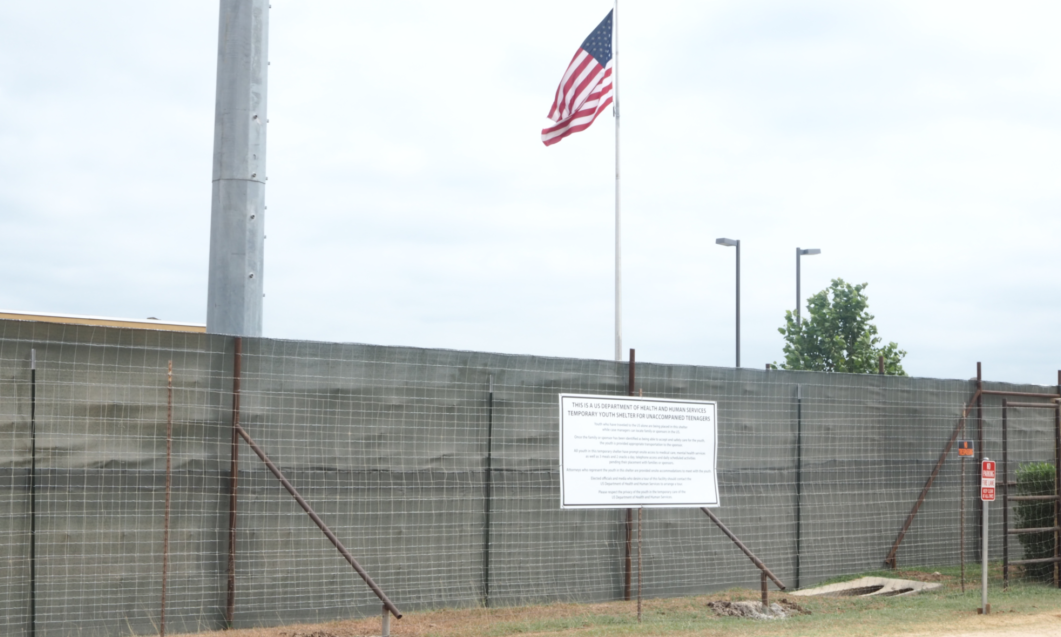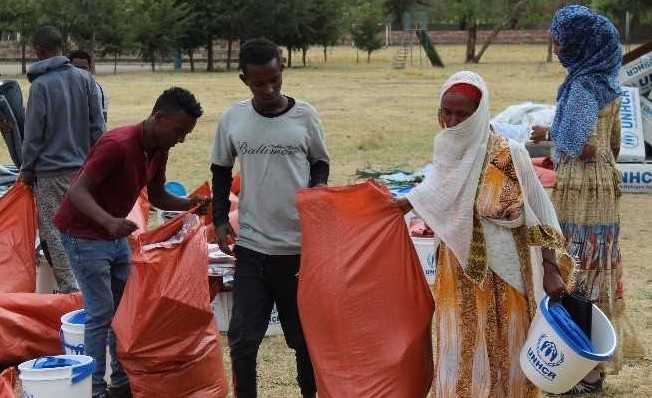
Abuses, aid blocking continue in Ethiopia
International pressure on parties to the conflict in Ethiopia’s northern Tigray region is building, but abuses of civilians and aid blockages and looting continue. The Eritrean military remains in Tigray, and is accused of looting and abuses despite a pledge by Ethiopia’s Prime Minister Abiy Ahmed that its forces would pull back. AFP news agency obtained documents from Tigray’s Abiy-appointed interim government describing harassment and looting of aid supplies by Eritrean troops. Meanwhile, reports mount of the rounding up and detention of thousands of Tigrayans, seemingly on grounds of ethnicity. The UN says 90% of displaced people have still not received help with shelter, and a major road into the region was blocked by hostilities for 12 days. (Photo: UNHCR)




